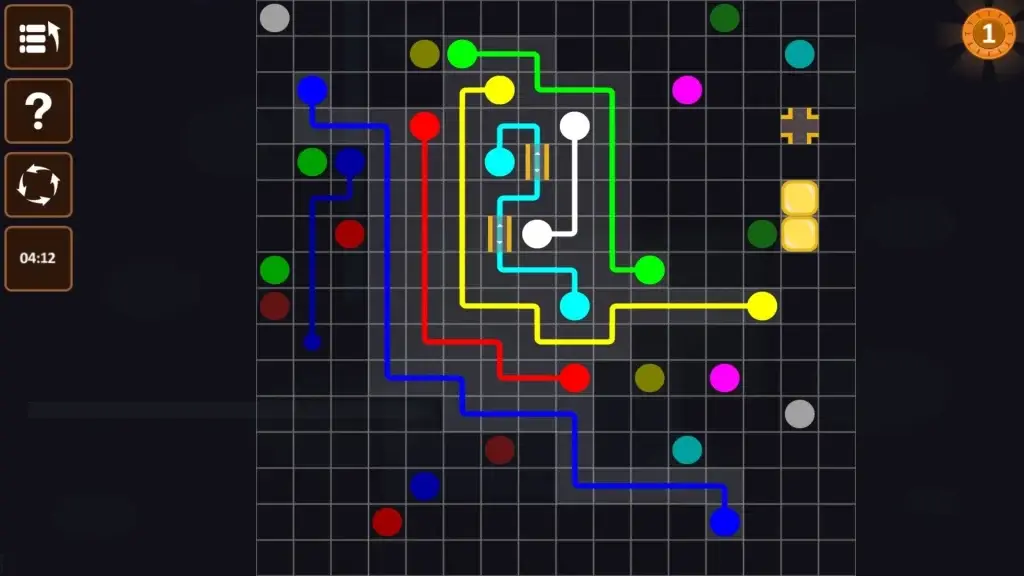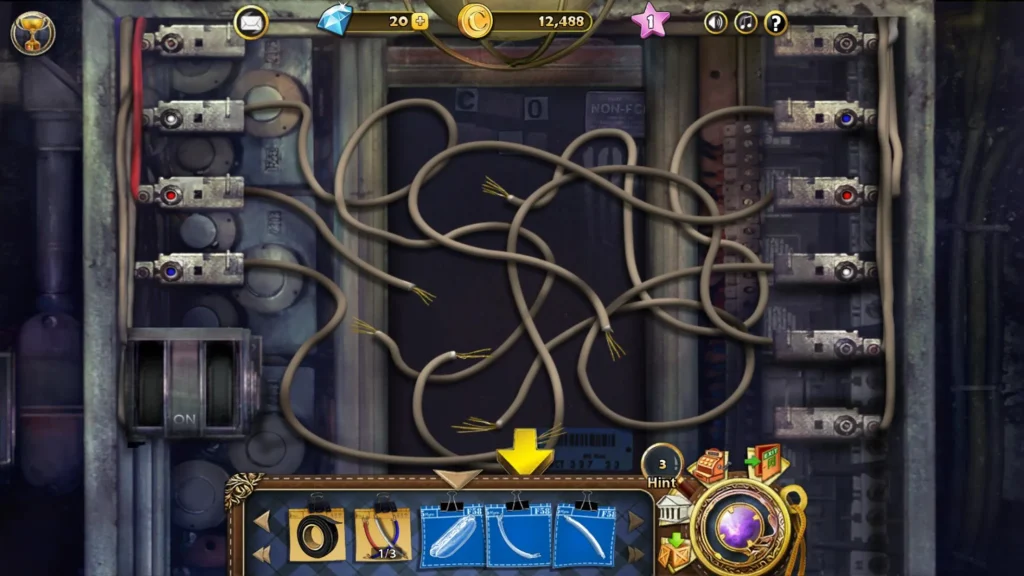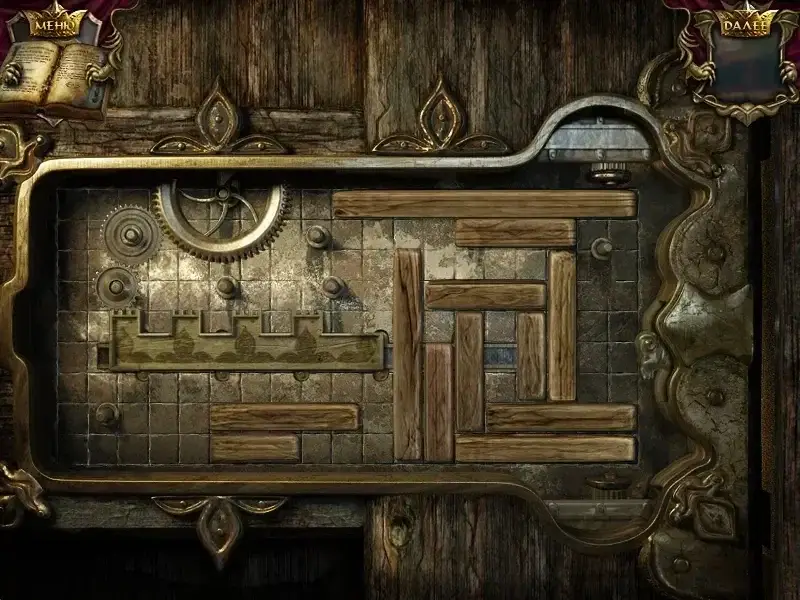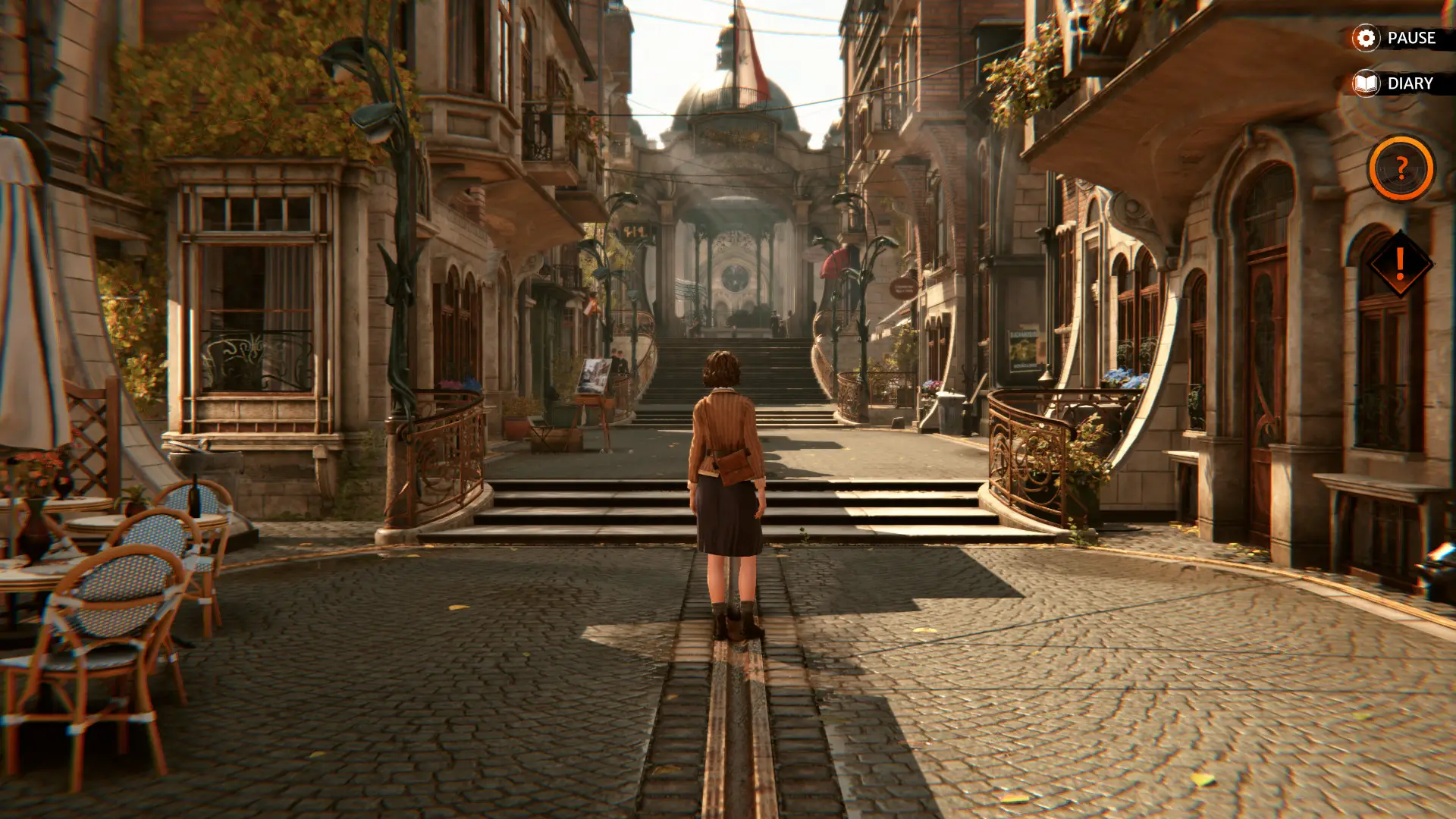Modern computer projects are increasingly becoming a real test for the mind. Logical games on PC provide a unique opportunity to combine the enjoyment of gameplay and the development of intellectual abilities. The gamer will have to solve complex puzzles, explore mysterious worlds and pave the way through levels where every decision matters. These games for the mind help develop the skills of analysis, logic and unconventional thinking. Let’s consider the ten most interesting puzzles for PC that deserve a place in the collection of every fan of the genre.
The Witness: a logic game on PC that changes perception
The Witness offers a unique experience of immersion in an open world where every detail matters. The player explores a mysterious island full of puzzles that seem simple at first glance, but require deep analysis and creative thinking. The main task is to understand the principles of hundreds of puzzles, gradually revealing the secrets of this mysterious place. The landscapes of the island are filled with variety: from picturesque gardens to gloomy dungeons. Characteristics:

- Developer: Jonathan Blow, Thekla Inc. studio.
- Year of release: 2016.
- Game mechanics: solving puzzles using the surrounding world.
- System requirements: minimum – Intel Core i5, 4 GB RAM, video card with 1 GB of memory.
- Features: open world, non-linear progression, deep concepts of visual perception.
Portal 2: a legend that conquered millions
Portal 2 remains the standard of computer games thanks to the original mechanics of using portals. Players solve problems by overcoming levels with the help of a portal gun, which creates two connected passages. The dynamics of the logic game on PC are enhanced by interaction with the artificial intelligence GLaDOS and other characters. Characteristics:
- Developer: Valve Corporation.
- Year of release: 2011.
- Game mechanics: solving spatial puzzles using physics.
- System requirements: minimum — 3.0 GHz processor, 2 GB RAM, NVIDIA GeForce 7600 graphics card.
- Features: unique storyline, cooperative mode, signature humor.
Limbo: a dark world and subtle logic
Limbo is a logic game for PC that captivates from the first minutes. The gamer will have to immerse himself in a monochrome world, where every step can be the last. The tasks are based on physics and require not only logic, but also a quick reaction. For example, jumping over an abyss may depend on the accuracy of the movement of the platforms or the moment of their activation. Specifications:
- Developer: Playdead.
- Year of release: 2010.
- Game mechanics: platform puzzle with elements of physics.
- System requirements: minimum — 2.0 GHz processor, 512 MB RAM, graphics card with Shader Model 3.0 support.
- Features: monochrome style, unique atmosphere, intuitive controls.
Baba Is You: Rethinking the Rules of a Logical Game on PC
Baba Is You offers the user a unique experience of changing the rules right during the gameplay. The player interacts with text blocks that determine the behavior of the environment. For example, by replacing “the wall is impassable” with “the wall is moving”, you can open up new paths. Specifications:
- Developer: Arvi Teikari (Hempuli Oy).
- Year of release: 2019.
- Game mechanics: changing the game rules using text.
- System requirements: minimum – 2.0 GHz processor, 2 GB RAM, video card with OpenGL 3.0 support.
- Features: more than 200 levels, minimalist design, revolutionary concept.
Inside: a story that needs to be felt
 Inside is the spiritual successor to Limbo, which offers even more complex puzzles and an emotionally charged plot. The participant moves through gloomy locations, interacting with the environment. For example, one of the tasks requires controlling a group of characters using magnetism. Characteristics:
Inside is the spiritual successor to Limbo, which offers even more complex puzzles and an emotionally charged plot. The participant moves through gloomy locations, interacting with the environment. For example, one of the tasks requires controlling a group of characters using magnetism. Characteristics:
- Developer: Playdead.
- Year of release: 2016.
- Game mechanics: a platform puzzle with a cinematic narrative.
- System requirements: minimum – 2.0 GHz processor, 4 GB RAM, a video card with DirectX 11 support.
- Features: unexpected plot twists, realistic physics, a dark art style.
Human: Fall Flat: physics and humor
The logic game on PC Human: Fall Flat turns the process of solving puzzles into a funny adventure. Controlling a character with “soft” physics makes every action unpredictable. For example, to open a door, you need to pull levers, balancing on thin platforms. Specifications:
- Developer: No Brakes Games.
- Year of release: 2016.
- Game mechanics: using physics to interact with objects.
- System requirements: minimum – Intel Core i3 processor, 2 GB RAM, Intel HD 4000 graphics card.
- Features: cooperative mode, variety of levels, elements of humor.
Fez: Rotating logic
Fez opens up an amazing two-dimensional world that can be rotated in three-dimensional space. This unique approach allows you to solve problems in an unconventional way: find hidden passages and artifacts. Thus, rotating the level can lead to the appearance of platforms that were previously inaccessible. Specifications:
- Developer: Polytron Corporation.
- Year of release: 2012.
- Game mechanics: rotating the level to create new paths.
- System requirements: minimum – 2.4 GHz processor, 4 GB RAM, graphics card with OpenGL 2.1 support.
- Features: pixel graphics, meditative atmosphere, innovative concept.
Tetris Effect: classic with effect
Tetris Effect takes the famous classic project to a new level of logic games on PC. The gameplay here is accompanied by exciting visual and sound effects, creating a synesthesia effect. Users solve familiar tasks of assembling lines, but with a feeling of complete immersion. Specifications:
- Developer: Resonair, Monstars Inc.
- Year of release: 2018.
- Game mechanics: classic Tetris with visual effects.
- System requirements: minimum – Intel Core i3 processor, 4 GB RAM, NVIDIA GTX 750 Ti graphics card.
- Features: music synchronization, various game modes, relaxing atmosphere.
The Talos Principle: philosophy and puzzles
The Talos Principle combines intellectual challenges and deep philosophical reflections. The player goes through a series of tests created by artificial intelligence, exploring questions of consciousness and human nature. Specifications:
- Developer: Croteam.
- Year of release: 2014.
- Game mechanics: puzzles based on lasers, mirrors and platforms.
- System requirements: minimum – Intel Core i3 processor, 4 GB RAM, NVIDIA GeForce 8800 GT graphics card.
- Features: deep plot, stunning level design, philosophical subtext.
Opus Magnum: Alchemy and Engineering
Opus Magnum allows you to feel like a master of alchemy, creating complex mechanisms for the synthesis of substances. The participant uses tools to build machines that perform tasks with maximum efficiency. Specifications:

- Developer: Zachtronics.
- Year of release: 2017.
- Game mechanics: creating automated mechanisms to perform tasks.
- System requirements: minimum – 2.0 GHz processor, 4 GB RAM, graphics card with OpenGL 2.1 support.
- Features: freedom of experimentation, complex puzzles, alchemical atmosphere.
Conclusion
 Logic games on PC continue to amaze with their depth and diversity. These projects develop thinking, provide intellectual challenges and inspire non-standard solutions. Each of the presented concepts is unique and deserves the attention of both experienced and novice players.
Logic games on PC continue to amaze with their depth and diversity. These projects develop thinking, provide intellectual challenges and inspire non-standard solutions. Each of the presented concepts is unique and deserves the attention of both experienced and novice players.
 en
en  ru
ru  de
de  ar
ar  es
es  hi
hi  fr
fr  nl
nl  it
it  pt
pt  el
el 









